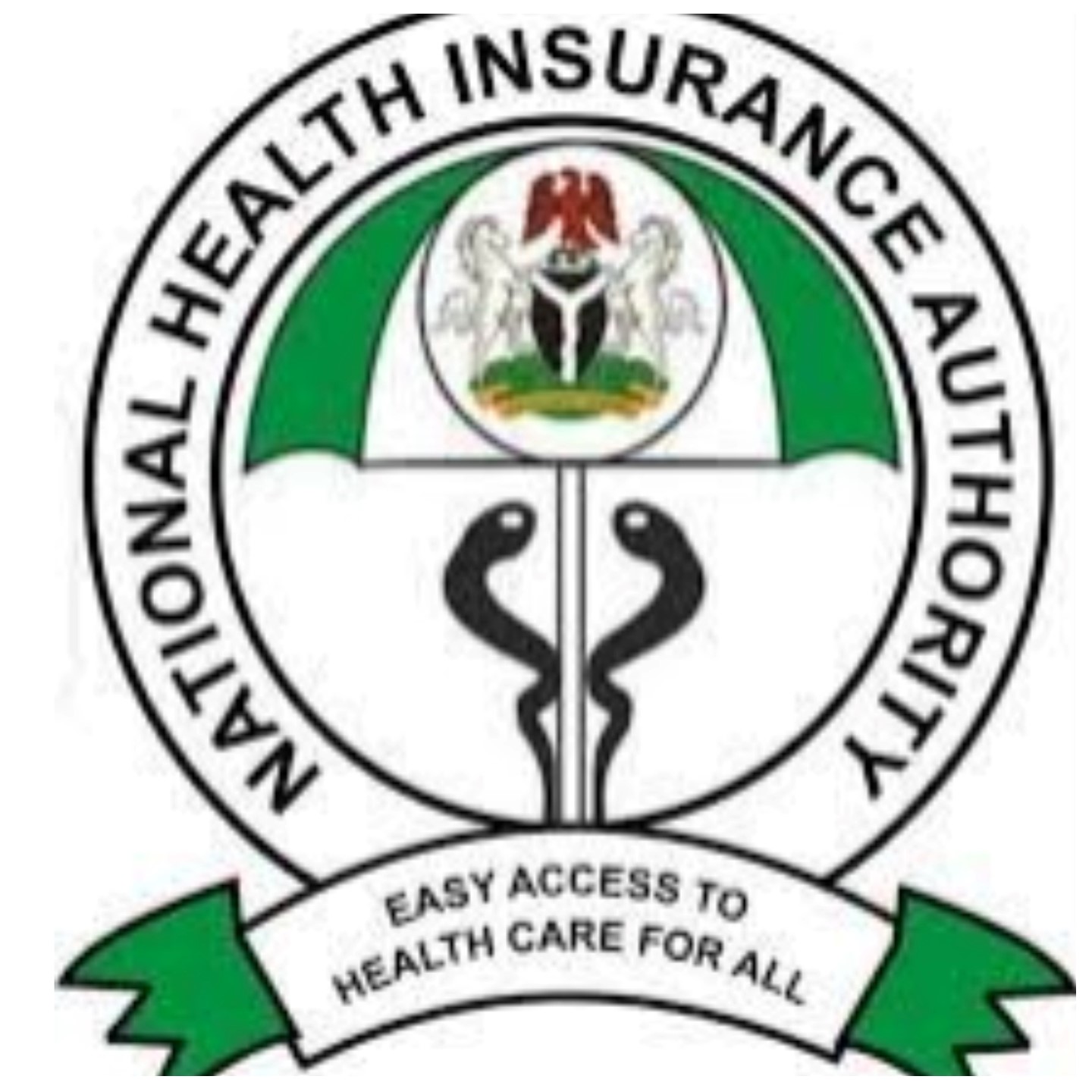The Director-General of the National Health Insurance Authority, Dr Kelechi Ohiri, has disclosed that there is an ongoing review of capitation fees paid to healthcare providers under the national health insurance programme as part of efforts to improve health insurance to Nigerians.
Capitation fees are monthly payments received by a physician, clinic, or hospital per patient enrolled in a health plan within a stipulated contract.
Speaking at a forum on insurance access to Nigerians over the weekend, he noted that a major complaint of proprietors of hospitals involved in the scheme was the capitation fees, adding that it is a major issue that has been receiving priority attention because of its significance and the fact that the fees have not been reviewed for many years.
“One of the things that we observed is that it’s been a while since tariffs were actually reviewed in the sector, and one of the first things that we did in the NHIA upon resumption was to commission actuarial reviews which started in February,” he stated.
- Hajj: Kogi, Nasarawa, Oyo, Bauchi complete airlift as 20,975 Nigerians arrive S/Arabia
- Bandits release Kaduna chief, 4 children after N8m ransom
The purpose, according to Ohiri is to “have the evidence and the base to review tariffs in the country and also, from an actuarial perspective, understand what we can afford in terms of a basic minimum package of services so that if you go to a hospital, you know what to expect to have.”
“The establishment of the Vulnerable Group Fund is because government recognizes that health insurance could be contributory where you prepay, but it also could be non-contributory where somebody like the government pays on behalf of the poor and vulnerable,” he also said.
He stressed that improving the current enrolment figure – an estimated 16 million people or 7% of the national population – is a national challenge in which the new NHIA Act has empowered the agency to play a greater role.
“Only 7% of Nigerians are covered by insurance; that’s roughly 16 million people. With the act now making it mandatory, it means that now we actually have a pathway to universal coverage where we aim to increase the coverage of Nigerians from 7% and to see how far we can go.” he added.

 Join Daily Trust WhatsApp Community For Quick Access To News and Happenings Around You.
Join Daily Trust WhatsApp Community For Quick Access To News and Happenings Around You.


